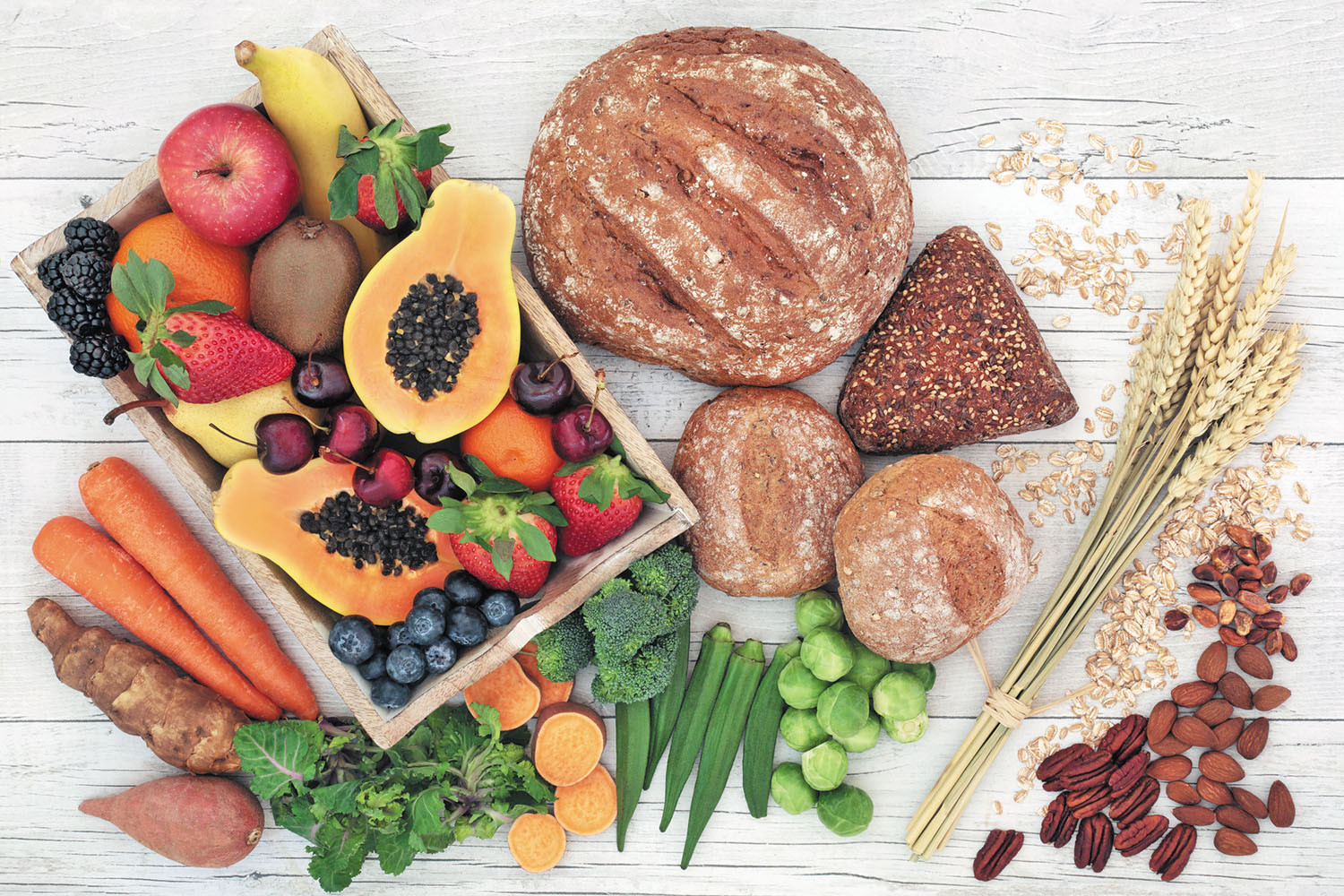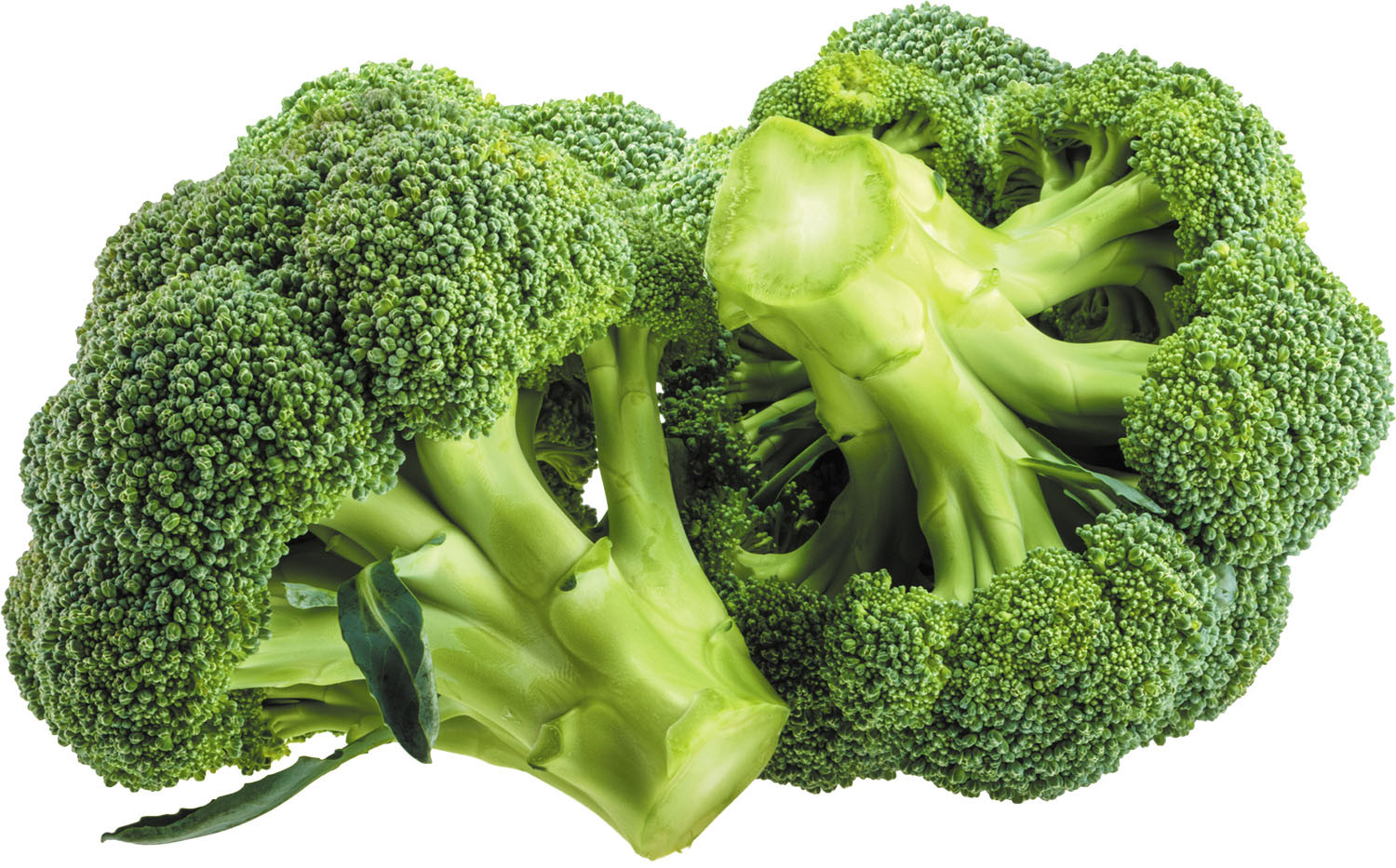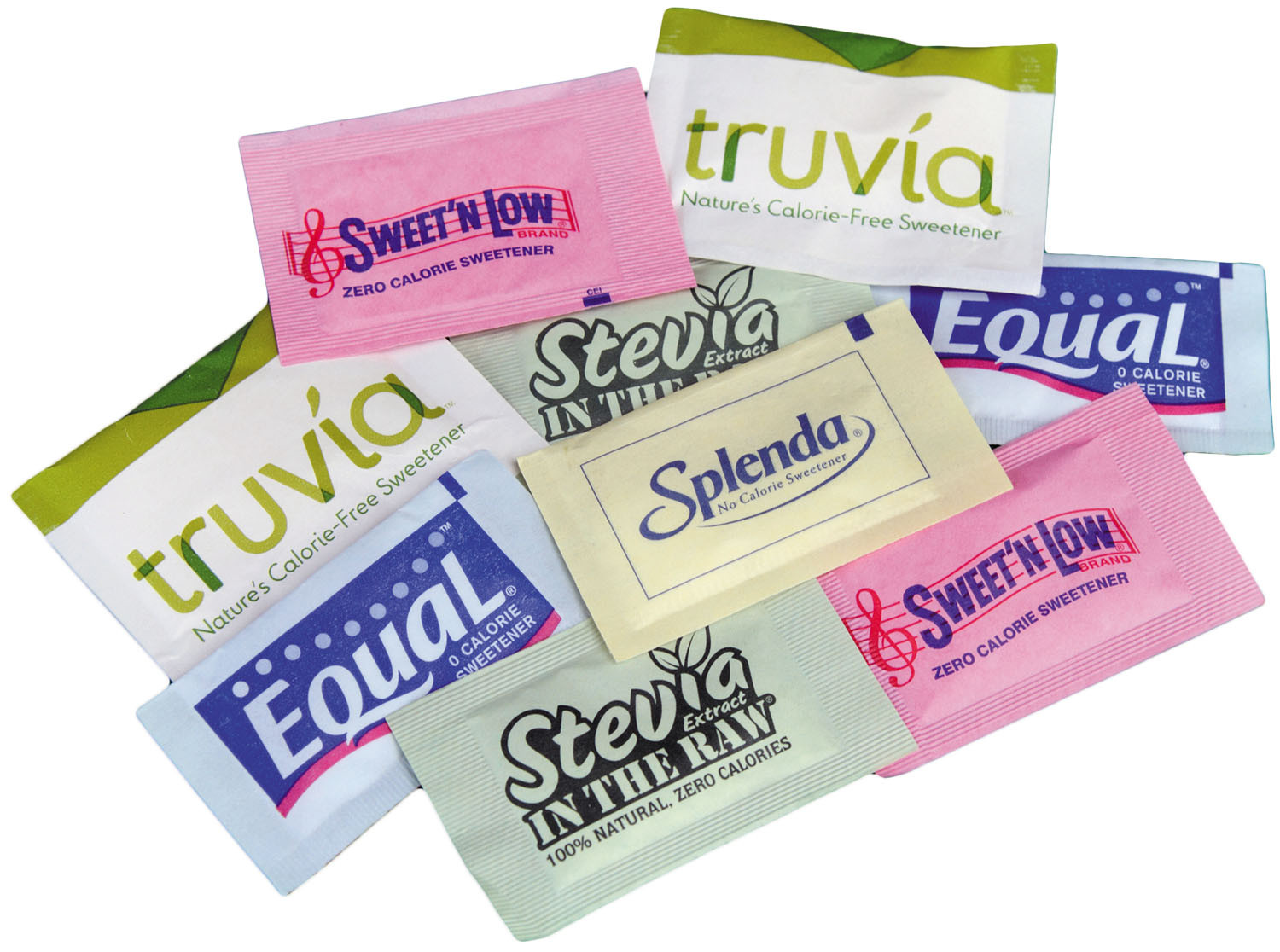
5 timeless habits for better health

What are the symptoms of prostate cancer?

Is your breakfast cereal healthy?

When pain signals an emergency: Symptoms you should never ignore

Does exercise give you energy?

Acupuncture for pain relief: How it works and what to expect

How to avoid jet lag: Tips for staying alert when you travel

Biofeedback therapy: How it works and how it can help relieve pain

Best vitamins and minerals for energy

Should you take probiotics with antibiotics?
Heart Health Archive
Articles
Dietary supplements: Dubious value, hidden dangers
Most lack evidence of any health benefit — and some contain stimulants that could affect your heart.
Image: © PeopleImages/Getty Images
Of the nearly $37 billion Americans spend on dietary supplements each year, about two-thirds are for vitamins and minerals. The rest are pills, powders, and tinctures that contain various substances isolated from an array of sources — mainly plants but also animals and microorganisms.
Why are these products so popular? Some people believe that our food supply has been stripped of important nutrients, so they take supplements to replace what's "missing" (although many foods are already fortified to replace vitamins that are destroyed during processing). Others feel that Western medicine relies too heavily on pharmaceuticals and prefer to take natural substances instead. (However, a number of common drugs are derived from plants.)
Confused about carbs?
When it comes to carbohydrates, quality and quantity matter — just as with everything else you eat.
Image: © marilyna/Getty Images
These days, low-carb diets are more popular than ever. But this weight-loss strategy is hardly new. It began in the 1960s with the Atkins diet, followed by the South Beach, paleo, and keto diets. All of these diets — which swap carbohydrates for protein or fat — can help some people lose weight, at least over the short term.
But as is true for most diets that require you to avoid many popular foods, low-carb diets are often hard to maintain over the long haul. And if you do keep your carb intake low, the long-term effects on your heart and overall health remain something of a mystery so far. But a new study provides some clues.
The head-heart connection: Mental health and heart disease
Common mental health disorders are linked to a higher risk of heart attack and stroke. Learn to spot the warning signs.
Image: © imtmphoto/Getty Images
Heart disease and mental health issues are both common. So it's not surprising that these problems often occur together. But are people with depression or anxiety more prone to developing cardiovascular disease?
Teasing out the answer to that question has proved tricky. Some factors known to contribute to a higher risk of heart disease (for example, an unhealthy diet, lack of exercise, and smoking) are also common in people with mental health issues. Now, new research that adjusts for those potentially confounding factors suggests the answer is yes.
Take the plunge: Try a water workout
Swimming or doing water aerobics can be a good way to keep your heart in good shape.
Image: © Halfpoint/Getty Images
Looking for an activity to boost your heart health that's easy on your joints and doesn't leave you all sweaty? Swimming might be just the ticket. If you have access to an indoor pool, you can swim or do water aerobics year-round — and throughout much of your life.
"If you were to envision an exercise you could start during childhood and continue well into your later years, swimming has to be near the top of the list," says Dr. Meagan Wasfy, a cardiologist at the Cardiovascular Performance Program at Harvard-affiliated Massachusetts General Hospital. Swimming also works many different muscles in the arms, legs, and torso. The buoyancy of the water takes the stress off your joints. That can make exercising a little easier if you have arthritis, are overweight, or are recovering from an injury.
What is “broken-heart syndrome?”
This reversible heart condition — which often mimics a heart attack — is being recognized with increasing frequency.
Image: © dolgachov/Getty Images
The term "broken heart" usually conjures up the sad ending of a love affair. In fact, the death of a spouse is a commonly cited trigger for broken-heart syndrome — a temporary weakening of the heart that causes symptoms similar to a heart attack. Also known as stress cardiomyopathy, the condition usually results from severe physical or emotional stress, though sometimes there is no identifiable trigger. Although rare, it's now being recognized much more often than in the past.
"Stress cardiomyopathy was not on anyone's radar screen 25 years ago," says Patrick O'Gara, a cardiologist at Harvard-affiliated Brigham and Women's Hospital. Japanese doctors who first described the condition in the early 1990s called it takotsubo cardiomyopathy. Why? During an episode, the heart takes on an unusual shape that resembles a tako-tsubo (octopus pot), a traditional clay vessel a fisherman uses to trap an octopus.
Vegetable of the month: Broccoli
Image: © Azure-Dragon/Getty Images
This versatile vegetable should be a standby in crisper drawers. Not only is broccoli readily available in grocery stores, it keeps well and can be prepared in a variety of ways. As a side dish, you can eat it raw (for instance, used like cabbage in coleslaw), or steamed, sautéed, or roasted. But broccoli also can play a starring role in dinnertime dishes such as soups, stir-fries, pastas, and casseroles. When choosing broccoli, look for firm stems and tightly packed florets that are deep green or have a slightly purplish hue.
Nutritional info: Broccoli is high in vitamin A and folate (vitamin B9), as well as vitamins C and K. It's also a good source of potassium and dietary fiber, and a half-cup serving has just 15 calories.
Walking linked to lower heart failure risk in older women
Research we're watching
Image: © kali9/Getty Images
The more a middle-aged or older woman walks or does other exercise, the lower her risk of developing heart failure, a new study suggests. Heart failure — which means the heart is too weak or too stiff to pump enough blood through the body — affects some 5.7 million Americans.
Researchers tracked the exercise habits and heart health of more than 137,000 women who were ages 50 to 79 when the study began. After an average follow-up of 14 years, women who got at least some physical activity were 11% less likely to develop heart failure than those who didn't exercise at all — and those with the highest levels of physical activity were 35% less likely to develop heart failure.
Angioplasty without overnight hospital stay is safe and saves money
Research we're watching
Going home the same day after having an angioplasty not only is safe, it may save the health care system an average of more than $5,000 per person, a new study reports.
Every year, some 600,000 people in the United States undergo coronary angioplasty, a minimally invasive procedure to open a narrowed heart artery. About half are so-called elective angioplasties, which are done on people with predictable but worrisome chest pain (stable angina).
In vitro babies: Risk of high blood pressure in later life?
Research we're watching
Image: © PhonlamaiPhoto/Getty Images
A small study found that babies conceived using assisted reproductive technology (ART) may be more likely to have high blood pressure as teenagers than those conceived naturally.
Close to 2% of babies born in the United States are conceived using ART, most commonly by in vitro fertilization, in which sperm and egg are mixed in a lab dish. In 2012, researchers found that healthy kids born via ART were more likely than their peers to have signs of premature aging of their blood vessels.
The lowdown on low-calorie sweeteners
If you're addicted to sweet, bubbly beverages, diet sodas are a better choice than sugary ones. But try switching to healthier options.
Image: © NoDerog/Getty Images
Despite the abundance of added sugar in America's food supply, our love affair with sugary drinks has been waning over the past decade or so.
"In adults, we've seen a 25% drop in the consumption of sugar-sweetened beverages, and I think this trend will continue, given the heightened awareness of the harmful effects of excess sugar," says Dr. Frank Hu, chair of the Department of Nutrition at the Harvard T.H. Chan School of Public Health. Sugary drinks (such as sodas, sports drinks, and lemonade) are the biggest source of added sugar in the American diet and are widely considered to be among the main drivers of the obesity epidemic. A high-sugar diet also has been linked to increasing rates of high blood pressure, high cholesterol, and diabetes, all of which contribute to heart disease.

5 timeless habits for better health

What are the symptoms of prostate cancer?

Is your breakfast cereal healthy?

When pain signals an emergency: Symptoms you should never ignore

Does exercise give you energy?

Acupuncture for pain relief: How it works and what to expect

How to avoid jet lag: Tips for staying alert when you travel

Biofeedback therapy: How it works and how it can help relieve pain

Best vitamins and minerals for energy

Should you take probiotics with antibiotics?
Free Healthbeat Signup
Get the latest in health news delivered to your inbox!
Sign Up











